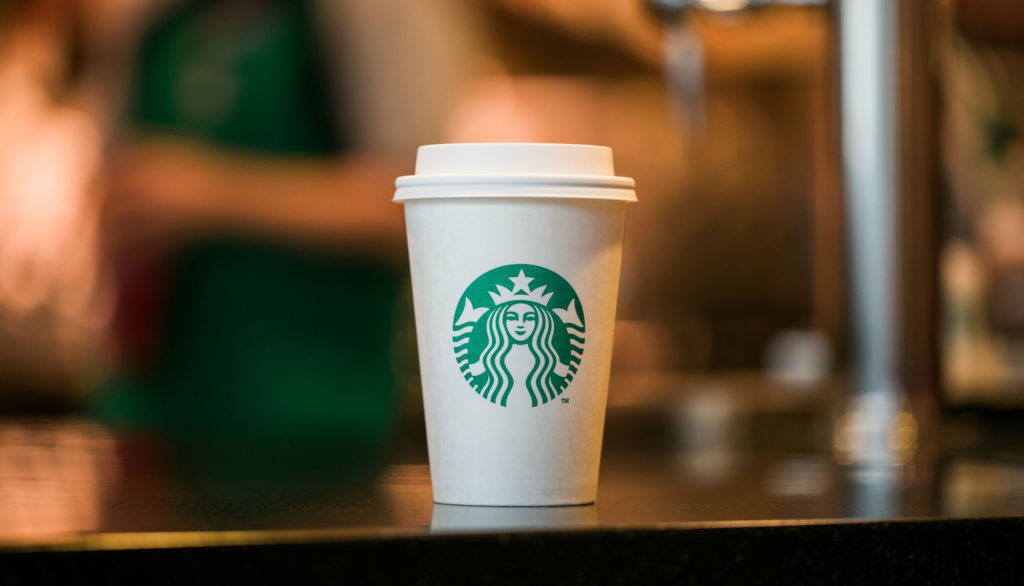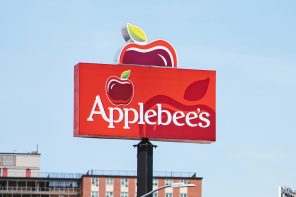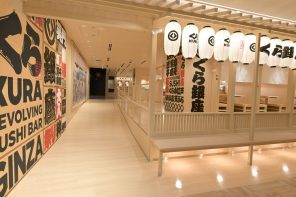After 20 years of battling to gain a significant foothold in the New Zealand coffee market, Restaurant Brands has given up trying. The license will expire in October and will be taken over by Tahua Capital. At its peak, Starbucks operated 50 stores across the country. That number has since shrunk to 22. This pattern was repeated across the Tasman, with the number of stores decreasing from 85 to 34. New Zealand is a nation of coffee lovers, so why didn’t Starbucks ever take off? Coffee culture is, in fact, the problem – New Zealand coffee tastes have evolved well beyond the Starbucks offering.
“Starbucks has never delivered its expectation here,” said Brian Gaynor of Milford Asset Management. “They had aspirations for it a long time ago when they acquired it first, and it’s never been achieved because they’re up against local competition from either individual coffee shops or local chains.”
Restaurant Brands CFO Grant Ellis agrees.
"We think a lot of that is to do with the existing coffee culture in both countries," he said. "We had nearly 50 stores in New Zealand at one stage and a number of them struggled to make money, so we closed them. The current business is profitable, it's got a targeted market, particularly with tourists. A lot of our stores are handy to tourist places and students. But the coffee culture in New Zealand is very strong and there are some very good brands that we have been competing against."
Starbucks’ main consumers in New Zealand are students and tourists, a target audience looking for familiarity and convenience, rather than being motivated by any underlying coffee connoisseurship. There are countless independent coffee shops in New Zealand, and the scene isn’t without its own overseas success stories. Mojo Coffee, started in Wellington, recently inked a deal which allows it to greatly expand its overseas operations. Coffee Supreme, Kokako and Atomic Coffee are only three examples of the burgeoning roasting scene, and contract roasters are also appearing across the country.
Independent coffee shops are building brand loyalty by forging a personal connection with the customer. Unlike Starbucks, which is notorious for misspelling the names of customers, a barista can remember a name or a preferred style, and often at a cheaper price point than the international chain.






